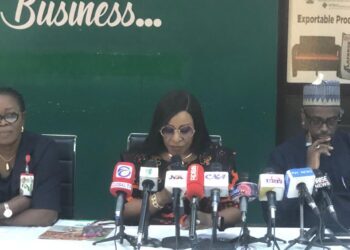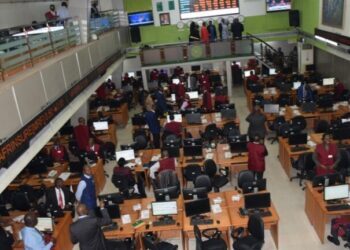By Oludele A. Shalom
In a recent dialogue, esteemed Data Scientist and Machine Learning Engineer, Mr Gbolahan Temilorun Biodun, underscored the transformative impact of AI solutions on Nigeria’s economic landscape.
He highlighted that AI implementation holds the key to surmounting challenges, fostering innovation, and propelling the nation towards a new era of growth.
Gbolahan emphasized the global significance of AI as a catalyst for change, asserting its potential to revolutionize various sectors in Nigeria, a country celebrated for its vibrant culture, diverse populace, and burgeoning economy.
He articulated, “Leveraging AI’s potential can engender ingenious solutions, economic advancement, and an elevated quality of life for Nigerians, positioning the nation as a pivotal player in the global digital arena.”
AI stands poised to reshape Nigeria’s healthcare sector profoundly. Gbolahan envisaged a future where AI-driven diagnostic tools, personalised medicine, and predictive analytics could revolutionize healthcare delivery.
He advocated for automated diagnostics, data-driven insights, and remote patient monitoring, particularly benefiting underserved rural communities with limited access to medical facilities.
The application of AI in agriculture promises significant strides in crop monitoring, yield projection, and precision farming. Gbolahan envisioned AI-powered smart farming techniques optimising resource utilisation, reducing wastage, and bolstering crop productivity.
Such innovations are poised to bolster economic sustainability and fortify food security measures.
Gbolahan highlighted AI’s potential in fostering educational growth, fostering skill development, and spearheading smart city initiatives for sustainable urban development.
He envisioned Nigeria leading a digital renaissance, poised to positively impact various societal domains through embracing the transformative power of artificial intelligence.











